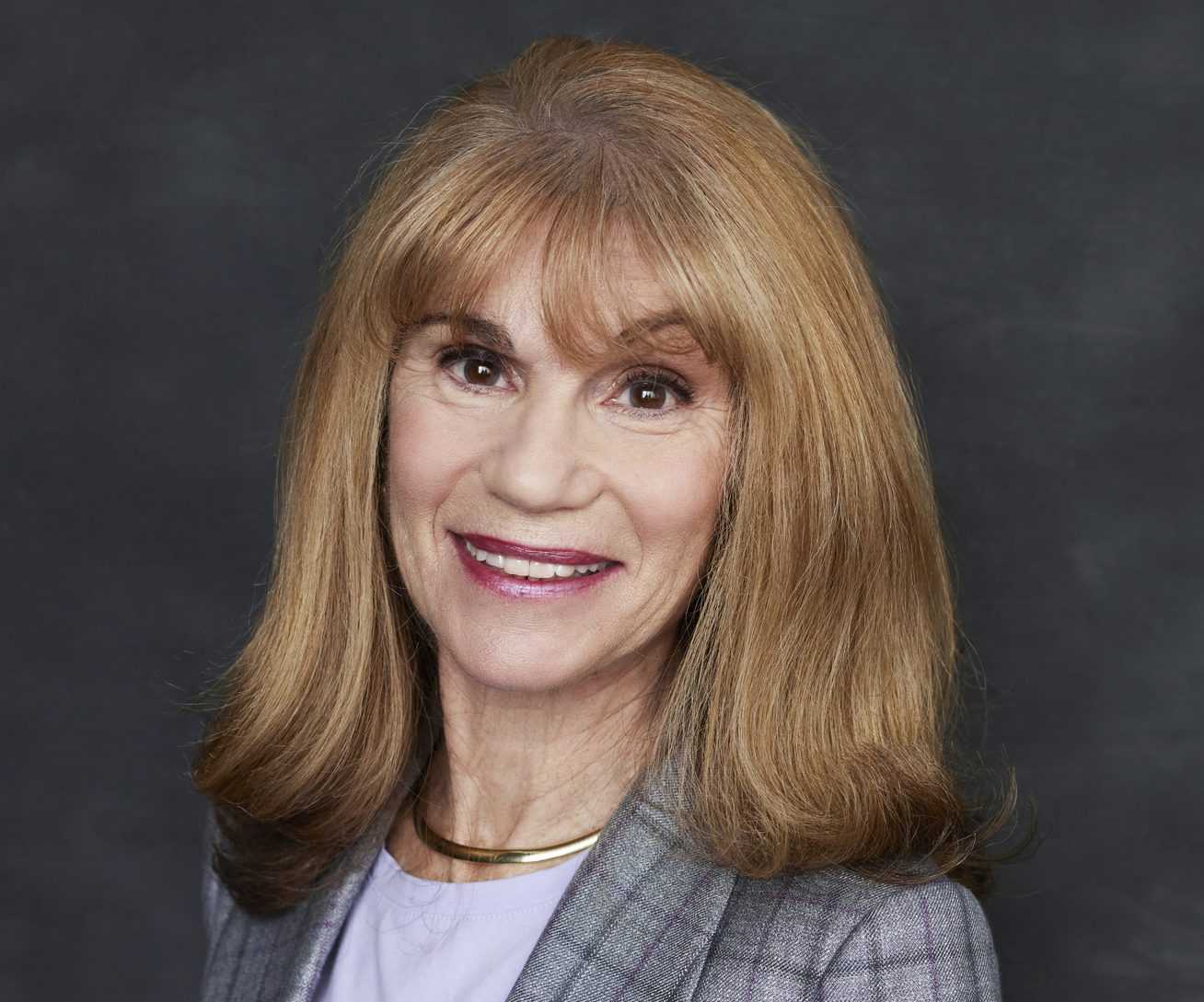KEN WYSE ON LIFE AFTER PVH AND NEW CHALLENGES FOR BRANDS


Ken Wyse thought he was retiring when he left PVH last year but as fate would have it, he’s busier than ever with Wyse Consulting. “My original idea was to name it Wyse Ass (for Wyse Associates) but my lawyer nixed it,” he says. “He was probably right: I need to be more careful with my sense of glib.”
When contemplating retirement, Wyse had spoken to a few private equity firms, thinking he could prove useful finding gold in untapped mines. “I also lined up U.S. Polo Association and Jack Nicklaus, both of whom hired me to consult for them. These, coupled with a few other companies that requested my help, meant I suddenly had a business.”
Although his workload is already more than planned, Wyse is not complaining. “As people who know me understand, I work to make money to give away,” he says. “My passion has always been the arts and education. I’m delighted that I can contribute to causes that are meaningful to me. As Larry Phillips, former chairman of PVH used to say: this is the rent that successful people should be happy to pay.”
On the theory that today’s consumers are less interested in brands than they once were, Wyse doesn’t buy it. “When I first joined PVH, Allen Sirkin told me that it’s virtually impossible to kill a brand. They’ll have various iterations; they need to change and grow. But a brand that has a DNA, integrity, a clear story and a willingness to evolve can last a long time…. I believe this is as true today as ever.”
Asked for examples, he singles out two PVH anchors: Tommy Hilfiger and Calvin Klein. He notes that Tommy stayed hot in Europe and Asia while struggling in the States when urban-inspired looks fell from favor. Back to its “preppy with a twist” roots, it’s hot again globally. As for Calvin, Wyse believes Raf Simons didn’t quite grasp that “the brand is more about underwear, jeans and sex than runway fashion. I believe it will bounce back: PVH gets the brand’s DNA.”
His Wyse advice to young people hoping to launch a brand today: stick with what you believe in. “1. If you don’t have extraordinary passion for what you’re doing, don’t do it; 2. Make sure you can articulate your message cleanly and clearly; 3. Make sure you have the financial ability to get through a down cycle, finding backers who share your values; 4. Stay true to those values; 5. Know that even if only one out of 10 emerging brands will make it, you could be the one in 10. There’s lots of venture capital around, and many of these firms are out there looking for companies to invest in.”
Wyse is also optimistic about brick-and-mortar retailing. “U.S. department stores should emulate Selfridges, a cross between a department store, an art museum and a food emporium,” he says. “I was recently in London and hate to admit that with all the historic sights to visit, I was in that store eight times, each time discovering something new, dazzled by every display. And shoppers were loaded with shopping bags, proving that people still crave an exciting in-store experience.”









Best of Luck Ken! Keep the humor and the humanity always first! KBxo
such a Wyse Ass…..couldn’t be happier for you
Bravo Ken! Also, I agree with you on Selfridges…..been a fan for a long time but especially in the recent years!
Hi Ken, wondering if you will read these comments… if so I have a question for you. I’ve designed for some of the majors, Levi, Ralph, and some of the Urban brands in the early 2000’s. In 2010 I opened and run a small denim boutique and denim brand out of Greenpoint Brooklyn, called Loren Manufacturing inc or @loren_denim on Instagram. We specialize in bespoke, made to order denim but trying to grow our ready-to-wear brand called The BLKSMTH DENIM Co. A very small mens premium denim brand sold to a few Japanese accounts and a couple U.S. stores. I was trying to produce a denim brand not only made in the U.S. but also sourced in the U.S. using cone mills, White Oak Selvedge denim. They closed, forcing me to source from a 3rd party and now some Japanese denim. Over the last 3-4 years as the labor costs have gone up, its pushing my cost of goods up, I’m already at a high price and it’s a constant struggle to keep making my denim here. My question to you is… what are your thoughts on Made in the U.S.A. Is it worth the struggle, I keep pushing to do so but feel the customers really don’t care as much as people think they do…ultimately they want quality, but at a low price. Am I killing myself by trying to keep things made locally and in the U.S. I’m getting the feeling I am. Would love to hear your thoughts.
p.s. if your looking for a denim consultant for any of your projects I’m available.
Ken… Reading this article and seeing your picture brought such a smile to my face… You have always been one of the good guys… always in my corner and it has meant a lot to me throughout my career. Take care & let’s catch up soon.